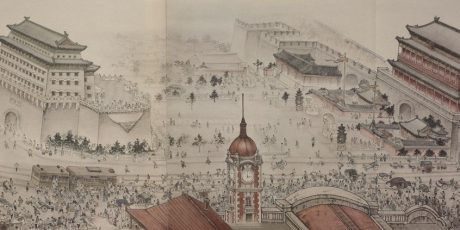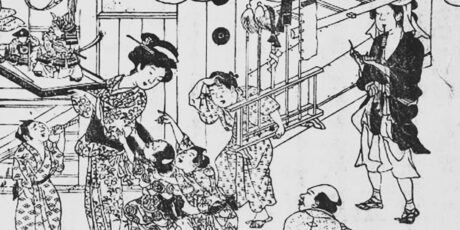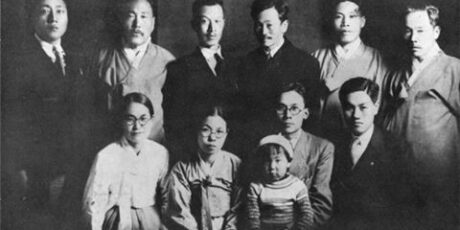Vorträge
Mittwoch, 2. März 2022, 18:30–20:00 PhD. Raphaël Languillon-Aussel: „From the 1930s to the 2020s: one century of Tokyo Olympics, and the foundation of a planning culture through urban great events“

As in 1964, Tokyo hosted the Summer Olympic and Paralympic Games in 2021, after one year’s postponement due to the global pandemic of COVID 19. The project is however not the second but the fourth of the history of the city: there is indeed that of 1940, canceled by the war, and that of 2016, presented to the International Olympic Committee but left apart from the competition in the face of Rio de Janeiro’s candidacy.
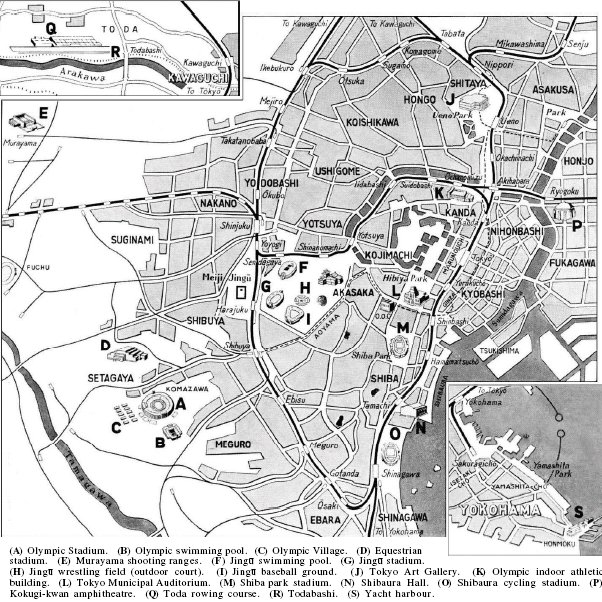
The four Olympic projects of 1940, 1964, 2016 and 2020 are representative of different historical periods of Japan and its capital. In this, they inform us about the nature of the regimes that produced them and built the city through great event planning.
The recurrence of the Games in the urban planning of Tokyo and its dynamics of growth leads to the hypothesis – very general – of a great influence of the Olympism both on the physical evolution of the urban structure but also on that, immaterial, of its urban and planning culture – or, in other words, of the representations, imaginations and practices of the institutional actors of Tokyo’s urban fabric.
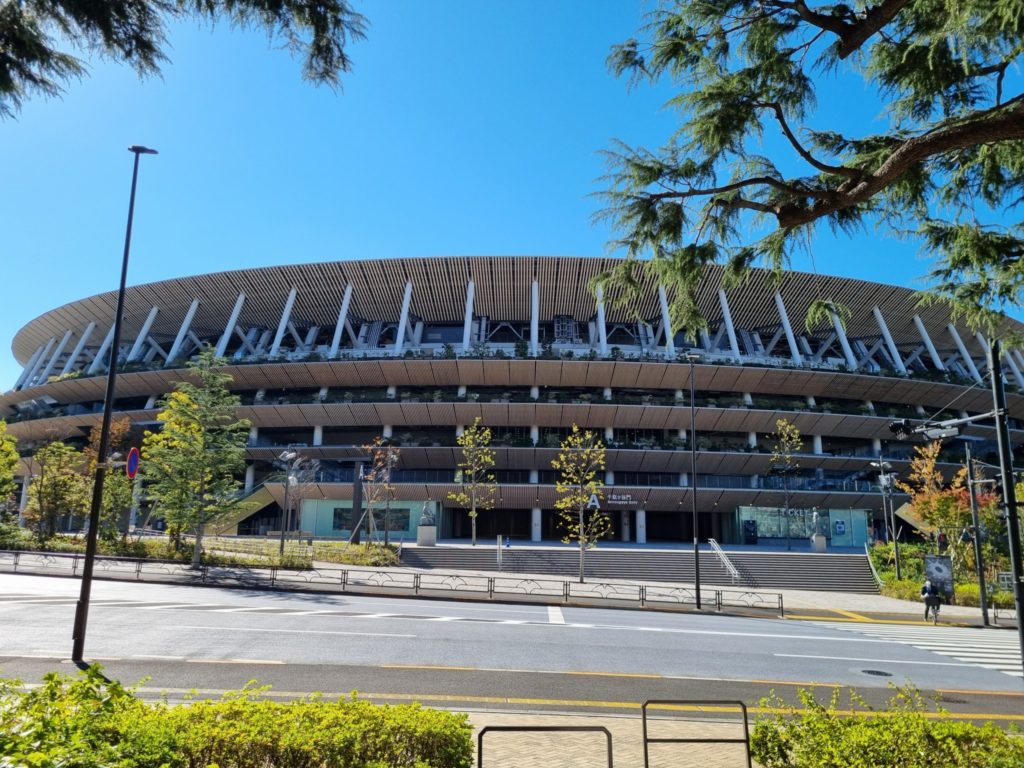
From a geo-historical perspective, the founding act of this Olympic urban planning culture can be traced back to the 1940 project, formalized in the 1930s in the context of a militarist planning of the Japanese capital which was then prepared at war. From there, the aim of the presentation is to question the intangible legacy left by Olympic planning on the culture of planning in Tokyo and its regular reactivation throughout the century separating the 1930s and the 2020s.
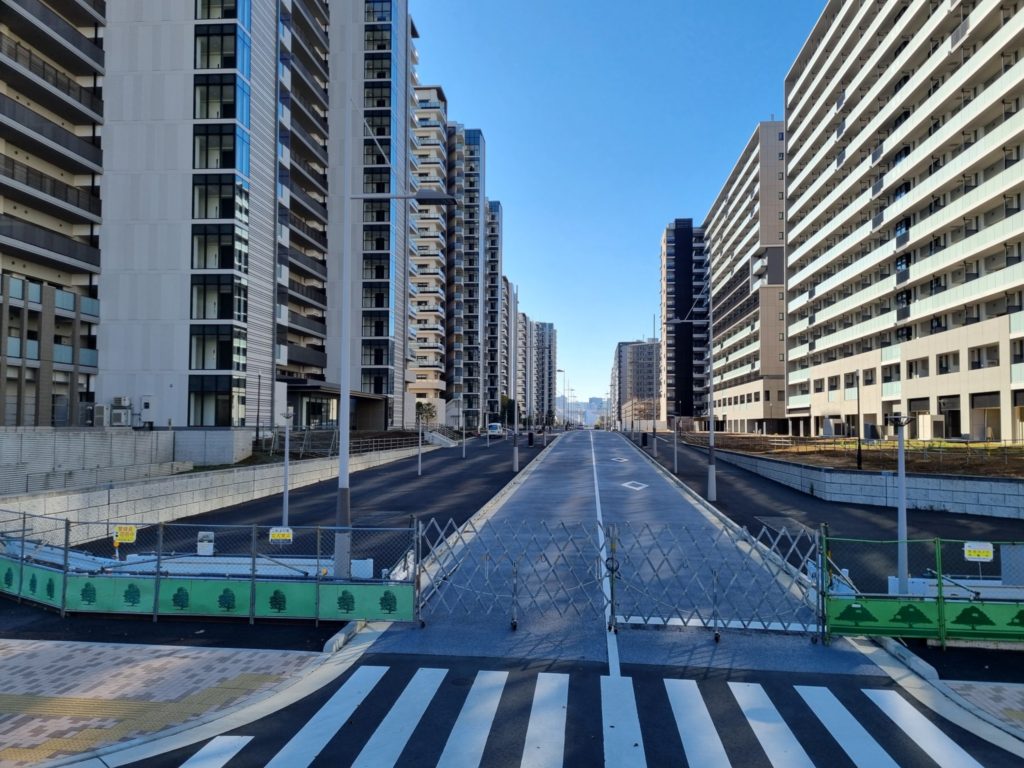
Keywords: Tokyo Olympics, immaterial legacy, culture of planning, geo-history, great events.
Raphaël Languillon-Aussel holds a PhD in geography and planning. He is currently a senior researcher at the French Institute of Japanese Studies at the Maison franco-japonaise, in Tokyo, and an associate researcher at the University of Geneva. For his work on Tokyo Olympics, he received fundings from the Japanese Society for the Promotion of Sciences and the Olympic Studies Center.
French Institute of Research on Japan
Researcher, languillon(at)mfj.gr.jp
Bibliography – selection
- Augustin J.-P. et Gillon P., 2004, L’Olympisme, bilan et enjeux géopolitiques, Paris, Armand Colin, 172p.
- Collins S., 2008, The 1940 Tokyo Games: The Missing Olympics: Japan, the Asian Olympics and the Olympic Movement, Londres, Routledge, 212 p.
- Collins S., 2007, The 1940 Olympics: Imperial commemoration and diplomacy, The International Journal of the History of Sport, n°24-8, pp. 977-1002.
- Essex S. et Chalkley B., 1999, Urban development through hosting international events: a history of the Olympic Games, Planning Perspectives, n°14, pp. 369-394.
- Gold J. et Gold M., 2007, Olympic Cities, City Agendas, Planning and the World’s Games, 1896-2012, New York, Routledge, 464 p.
- Ishida Y. 石田頼房, 2004, 日本近現代都市計画の展開 1868-2003 (Evolution of urban planning in Japan from 1868 to 2003), Tokyo, Jichitai Kenkyûsha, 381 p.
- Lefebvre S. et Roult R., 2008, L’après JO ; reconversion et réutilisation des équipements olympiques, Revue Espaces, n°263, pp. 30-42.
- Liao H. et Pitts A., 2006, A brief historical review of Olympic urbanization, International Journal of History of Sport, 23-7, pp. 1232-1252.
- Nomura Sōgō Kenkyūsho, 2014, 東京首都圏こう変わる!未来計画2020 (This is how the metropolis of Tokyo will change! Future plans for 2020), Tokyo, Nihon Keizai Shinbun Shuppansha, 112 p.
- Short J.R., 2008, Globalization, cities and the Summer Olympics, City, 12-3, pp. 321-340.
- Yoshimi S. 吉見俊哉, 2015, ポスト戦争としてのオリンピック- 1964 年東京大会を再考する (Post-war Olympics: reconsidering the great event of Tokyo 1964), マス・コミュニケーション研究 (Journal of Mass Communication Studies), n°86, pp. 19-37.
Publications of the speaker – selection:
Languillon R., 2021, Le report des JO de Tokyo 2020 : des conflits d’aménagement à la crise sanitaire, Métropolitiques. URL : https://metropolitiques.eu/Le-report-des-JO-de-Tokyo-2020-des-conflits-d-amenagement-a-la-crise-sanitaire.html
Languillon R., 2018, De la renaissance urbaine des années 2000 aux Jeux Olympiques de 2020 : retour sur vingt ans d’intense spatial fix à Tokyo, Ebisu, n°55, pp. 25-58. https://journals.openedition.org/ebisu/2324
Languillon R., 2017, Tokyo, ville globale olympique : de l’échec du projet de 2016 au succès de la candidature de 2020, Géoconfluences. URL : http://geoconfluences.ens-lyon.fr/informations-scientifiques/dossiers-regionaux/japon/articles-scientifiques/jeux-olympiques-tokyo
Appert M. et Languillon R., 2017, Impacts des jeux olympiques sur la recomposition des marchés immobiliers matures : le cas de Tokyo à travers ses comparaisons internationales, Rapport de recherches, Advanced Olympic Research Grants, Olympic World Library, 48 p. URL: https://library.olympic.org/Default/doc/SYRACUSE/171060/impact-des-jeux-olympiques-sur-la-recomposition-des-societes-matures-le-cas-de-tokyo-a-travers-ses-c
Languillon R., The burst bubble and the privatisation of planning in Tokyo, Metropolitics. URL : http://www.metropolitiques.eu/The-burst-bubble-and-the.html

